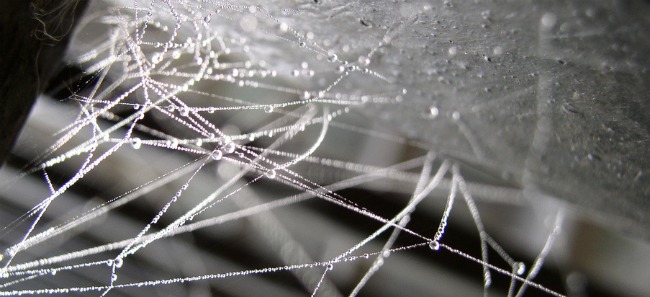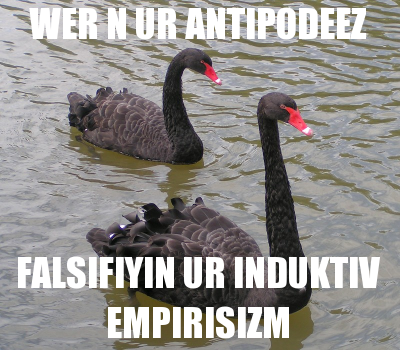
One of the wonderful things about getting involved in a new venture like Purpos/ed is the connections that you make to people and organizations you’ve never heard of before. One such person is Dougald Hine, who’s been involved in a myriad of projects. This post centres around The Dark Mountain Project, something Dougald co-founded.
What struck me upon reading the manifesto was, as I was discussing recently, the assumption behind most of what we do that business will continue as normal and that ‘reality’ is a stable, coherent, objective concept. In fact, what we term ‘reality’ is merely a “bloomin’ buzzin’ confusion” (William James) of competing narratives and stories. It’s the reason we often talk past one another: what some may dismiss as ‘semantics’ hide very real phenomenological difference in the way individuals are using terms to descibe things and ideas.
I urge you to read the whole of The Dark Mountain manifesto, but certainly the part quoted below (and definitely the last bit which I’ve emphasised in unmissable bold):
If we are indeed teetering on the edge of a massive change in how we live, in how human society itself is constructed, and in how we relate to the rest of the world, then we were led to this point by the stories we have told ourselves —above all, by the story of civilisation.
…
What makes this story so dangerous is that, for the most part, we have forgotten that it is a story. It has been told so many times by those who see themselves as rationalists, even scientists; heirs to the Enlightenment’s legacy —a legacy which includes the denial of the role of stories in making the world.
…
Yet as the myth of civilisation deepened its grip on our thinking, borrowing the guise of science and reason, we began to deny the role of stories, to dismiss their power as something primitive, childish, outgrown. The old tales by which generations had made sense of life’s subtleties and strangenesses were bowdlerised and packed off to the nursery… It is hard, today, to imagine that the word of a poet was once feared by a king.
Yet for all this, our world is still shaped by stories. Through television, ?lm, novels and video games, we may be more thoroughly bombarded narrative material than any people that ever lived. What is peculiar, however, is the carelessness with which these stories are channelled at us — as entertainment, a distraction from daily life, something to hold our attention to the other side of the ad break. There is little sense that these things make up the equipment by which we navigate reality. On the other hand, there are the serious stories told by economists, politicians, geneticists and corporate leaders. These are not presented as stories at all, but as direct accounts of how the world is. Choose between competing versions, then ?ght with those who chose differently. The ensuing con?icts play out on early morning radio, in afternoon debates and late night television pundit wars. And yet, for all the noise, what is striking is how much the opposing sides agree on: all their stories are only variants of the larger storyof human centrality, of our ever-expanding control over ‘nature’, our right to perpetual economic growth, our ability to transcend all limits.
As you’d expect from reading the above, Andy and I have separate reasons for starting Purpos/ed. One of mine certainly centres around creating space(s) to encourage and enable people to air their own stories and powerful ideas. Collaboration and transparency are key. As the maxim goes, light is the best disinfectant and, as Paul Mason explains in the if-you-haven’t-read-it-yet-you-really-should Twenty reasons why it’s kicking off everywhere, now (more than ever) ideas can acquire memetic status within hours rather than years and decades. We live in exciting, confusing but ultimately liberating times.
If we choose to, that is.
Image CC BY-NC-SA Jason A. Samfield


